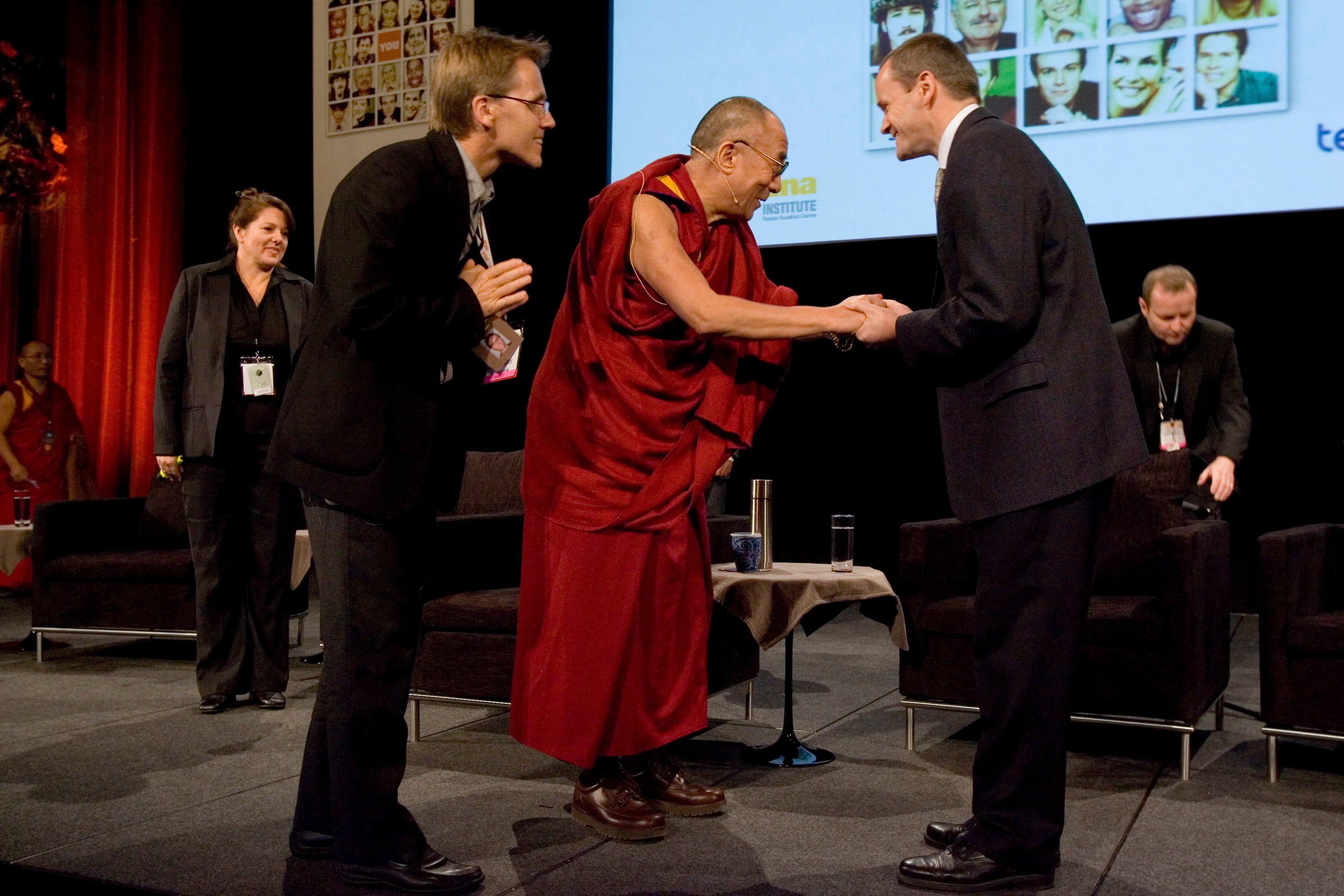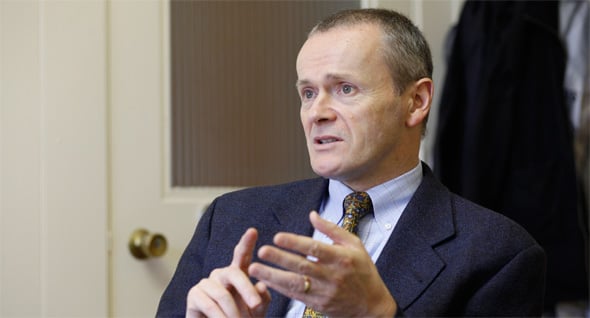Associate Professor Craig Hassed OAM has been working within the Faculty of Medicine at Monash University since 1989, and is the coordinator of mindfulness programs across the university. He's also authored hundreds of papers and published multiple books. Craig was the founding president of Meditation Australia and is a long term friend and ambassador of Smiling Mind.
1. How long have you practiced mindfulness and what made you start?
I've been practicing since my middle teenage years but, in a very informal way. And what made me start was to deal with stress. There were two main areas of stress for me - one in the lead up to sporting events and the other was exam anxiety. And so trying to stay calm and focused on those kinds of situations.
2. How often do you practice mindfulness?
I try to practice right throughout the day. So in the process of the day, there’d be many hundreds of times that I would notice not being mindful and to come back and be mindful.

3. What benefits do you notice from practicing mindfulness regularly?
It helps me to stay calm. It helps me to have a better perspective on things. It also helps me to communicate better and to focus on my work so that I can be efficient in my use of time. It also helps me to enjoy life more.
4. When you appeared on our podcast you spoke about the science behind mindfulness. For the skeptics out there what is the most fascinating scientifically proven fact about mindfulness and its effect on the body?
I find Elizabeth Blackburn’s study on mindfulness and its impact on telomeres, which is a genetic marker of your biological ageing, particularly interesting.
The most fascinating thing is that sitting down and practicing mindfulness is actually real anti-aging medicine.
5. How have you been practicing mindfulness during the pandemic?
I've enjoyed less time on the road and less time in the airport. So there's a little bit more space in day to day life, which has been very nice. Getting out less often really makes one appreciate the fresh air and the natural environment more than before. Less time spent with other people and face to face contact has been a real change. It really makes you realise how much we take people and relationships for granted!
6. How can mindfulness help health professionals when dealing with emotional distress?
Well, it's not like mindfulness is going to make COVID-19 and the challenges associated with it a go away, but it can help us to be much more present and step our way through it. Just one step at a time, one moment at a time and just learning, not to so much try and control the emotions, but be less controlled by uncomfortable emotions, whether they're from ourselves or the people around us. mindfulness helps us to remain open and compassionate, but not to be swamped by negative emotions so that we can't get on and do the job that is really needed at the moment.
7. Why is mindfulness a useful tool for healthcare professionals?
Mindfulness is a really good tool for health professionals for their own mental health and wellbeing but also to do their job with care, not to make errors and mistakes. I think that part of being mindful is to be able to be compassionate to others, to really listen and to communicate well. So I think it's not just about self care. I think it's about helping us to be able to care for others too.
![]()
8. Why is mindfulness practice something we should turn to particularly in times of stress and uncertainty?
I think mindfulness is the most important life skill that we will ever have and for whatever is important to us, mindfulness can help to support us in that. If we don't cultivate mindfulness, then we're going to be subject to living an unmindful life without a witness that distracts us and that comes at a very heavy cost. I think we all need to just consider the cost of being unmindful and then the case for mindfulness pretty much makes itself.
9. How does mindfulness help performance especially for busy health professionals?
I think mindfulness can help performance because it improves focus and reduces errors. Mindfulness helps us to make better decisions, especially in complex and challenging environments. One of the other things too, is that protecting one's self from vicarious stress is important. If we get overwhelmed by this distress, then we can burn out. So to be able to be compassionate, in the presence of distress is really, really important, and that's something that mindfulness does for us.
10. An excuse we often hear is “I don’t have time to practice mindfulness” - what would you say to these people?
Well, if we’ve got time to read something three or four times, because we don't pay attention to it the first time, if we've got time to fix up all those errors that we've made, because we weren't paying attention when we did something, if we've got time to sit down and ruminate and worry for hours every day, then that's great. But if we are very short on time and time is precious and then we can't afford the time not to be mindful.
11. Discuss the importance of grounding ourselves in the present moment. How can this help when we feel worried or stressed?
It can help cut it out, the being worried, ruminating catastrophizing is all, they're all examples of what we call default mode. It's the mode of mind we go into when we're not mindful. So grounding ourselves in the present moment through the senses, seeing what's in front of you, feeling what you're feeling, hearing what's going on around you, quieten the mind and engages our attention back to reality. Mindfulness literally helps us to come to our senses so that we can deal with the reality that's in front of us.
12. For people starting out how would you recommend starting to incorporate mindfulness into their lives?
I'd say start off with maybe two full stops, so five or 10 minutes of meditation in the morning and then in the evening so that you start the day well and also put some space between your working day and what you’re doing that night. Half a minute here and a minute there to practise mindfulness as we go about our day to day life, then just one moment at a time, one job at a time to focus on what's in front of you. It's a much easier journey if we do it that way.
The Smiling Mind App is full of activities to learn and practise mindfulness, for yourself or the children you support. Available for free in the Apple App Store or Google Play.








.jpg)




